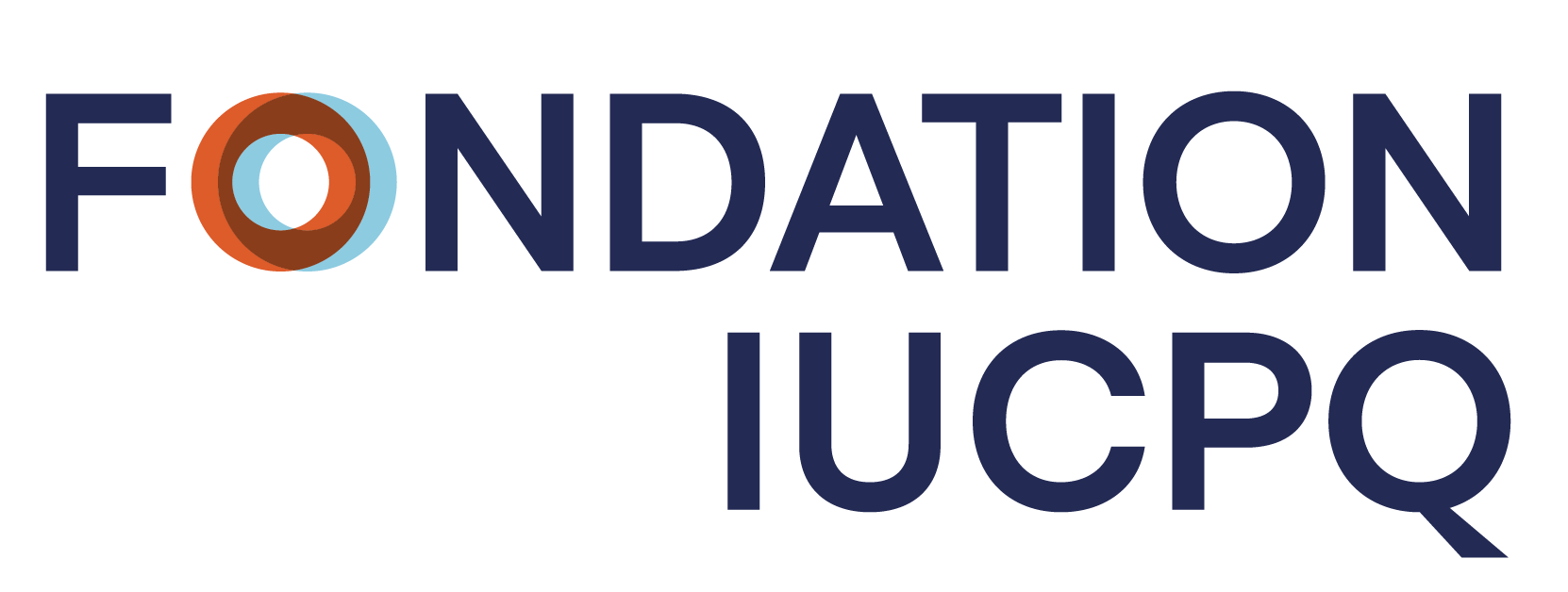Your Health and Social Services Information
The Act respecting Health and Social Services Information (Section 14) stipulates that users have the right to know how their personal data is used and protected. This personal data is also known as your “health and social services information”.
To make the text easier to read, the use of “you” refer to the person concerned by the personal information and their representative (parent, guardian, etc.).
Your information helps us provide you with quality services. It also helps us:
- Identify you and get in touch with you for follow-up purposes. We may ask for your name, date of birth, home address, email address, phone number, health insurance card number, or other information.
- Offer you care and services that meet your needs. This enables us to better understand your health condition, signs of illness, and your personal or family health history.
- Improve ourselves through surveys about the services provided, new programs, staff training, or research projects.
When you give us your information, you allow us to use it for these purposes.
We collect your information in different ways, for example:
- From you directly when you speak to a staff member, fill out a form or communicate with us;
- During examinations such as blood tests, X-rays and other tests;
- Through medical devices such as thermometers, blood pressure monitors and other equipment;
- From other facilities where you received care or services such as hospitals, CLSCs (local community service centers), medical clinics, specialized clinics, family doctors, or other professionals. These facilities or people may provide us with information when necessary.
Some professionals may use tools like artificial intelligence to help them spend less time on paperwork and more time with you. These tools are evaluated to make sure that they can be used safely. For example, your appointment might be recorded to help write medical notes. These recordings are deleted once the medical note is written.
We keep your information in accordance with the laws in effect. Generally speaking, the information in your medical record is retained for at least 5 years, but some information is kept for a longer period.
For more information, you can contact us.
Right to access: You have the right to request access to your health information in accordance with the laws in effect. For more information.
Right to correction: You can request that information about you be corrected if it is unclear, inaccurate, incomplete, or kept without your consent. For more information.
Right to restrict access (limited access): You can ask to limit access to some of your information, under certain conditions. For more information.
Right to refuse access after your death: You can limit your family’s access to your personal information after your death. For more information.
Right to refuse access for research purposes: You can refuse to be contacted by researchers from within the health network for participation in research projects (solicitation). You can also refuse researchers outside the health network from using your information for their projects. For more information.
To learn how to make a request or for any other questions, contact us
We care about protecting your information.
We are here to ensure your rights are respected.




